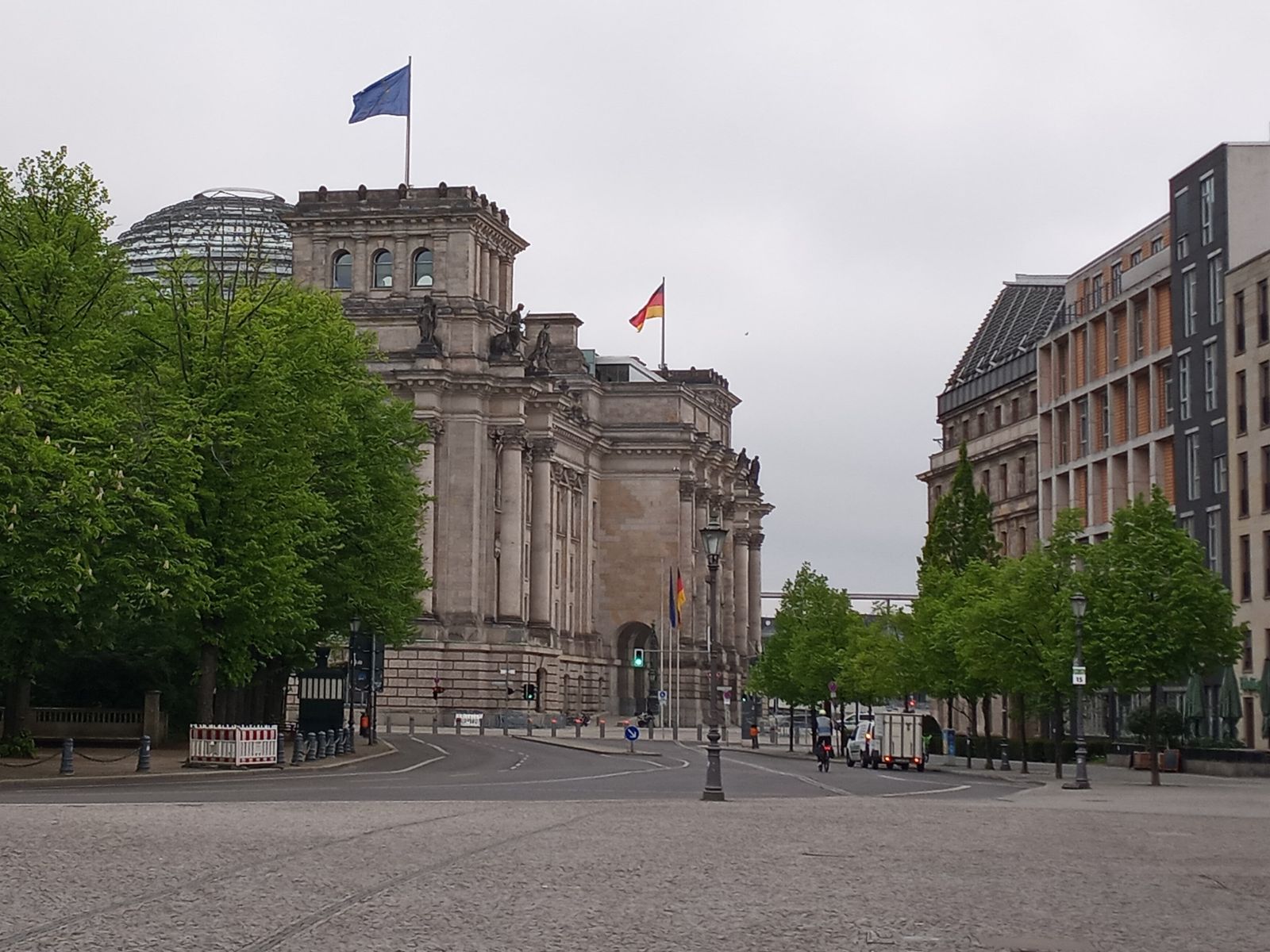
The Clock Ticks Down To German Cannabis Cultivation Bid

The Clock Ticks Down To German Cannabis Cultivation Bid
It is now less than a month before the new German cannabis cultivation bid, reissued in July, is due.
The new tender differs little from the last round, which came to an end in March 2018 in court. Bid applicants successfully sued BfArM, the federal bureau of narcotics control, because of a lack of time to submit requested materials.
The biggest differences this time? The amount to be produced is almost twice as much, and coalitions of firms can apply. Experience producing cannabis is not necessarily required this time, although previous cultivation of herbal products is.
Apart from that, the overall requirements are onerous, including the ability to prove that the awarded entities can provide both a secure and high quality, high volume production environment – and a large and expensive insurance bond. To top it off, firms will be competing fiercely against each other on price in a market where companies are now touting production costs under $1 per gram. At least in other external markets.
On the ground in Deutschland, it is clear that more German firms have applied for a cultivation license – including start-ups. It is also obvious that this is a game that will be dominated, for some time to come, by the big Canadian LPS although increasingly this is a highly international market with participants increasingly coming from Latin America and other parts of the world including Israel and Australia.
Distribution rather cultivation – at least in the short term – is also clearly a far cheaper market penetration access strategy in Germany. The distribution market itself is highly regulated and complex, starting with the fact that pharmacy chains are limited to four brick and mortar outlets per owner. Online sales for medical products are still banned.
As a result of all these factors, it is clear the German medical market is also going to be driven by imports – in particular from across the continent in both directions from Spain and Portugal as well as Eastern Europe. Why? Because the tender itself is calling for less cannabis to be grown here – at least for the next several years – than is already consumed by legitimate patients on the ground. Plus the cost of German produced flower will be so expensive it will be priced out of the export game into other markets.
Then of course there is the last complication to all of this. The bid deadline has already been moved back several weeks until November. Plus rumours are already starting to surface that pending legal action from competitors this time may slow down German cultivation for up to another year.
What does all this add up to? A highly expensive capex market, where the rules are not yet set regionally while authorities stumble on procedure and patients still face sky high prices and access issues.
The nascent and well-funded international cannabis industry, in other words, still faces many problems – and ones that money, power and influence cannot, alone, solve. That said, it is also clear that the continuing challenges in the German market have also created a pan-European cultivation movement that will be in a position to mature for years to come.
Interesting days indeed.
The International Cannabis Business Conference will once again have the latest on the German cannabis industry in Berlin from March 31st to April 2nd. Before heading to Berlin, the ICBC will be in San Francisco on February 7-8 and Barcelona with Spannabis on March 14th. Purchase your tickets for the latest information about the global cannabis industry and to network with top investors and entrepreneurs from around the world.
Share article


Share article
Join Our Awesome Community
Join Our Awesome Community
Join Our Awesome
Community
Get all the latest industry news
delivered to your inbox






